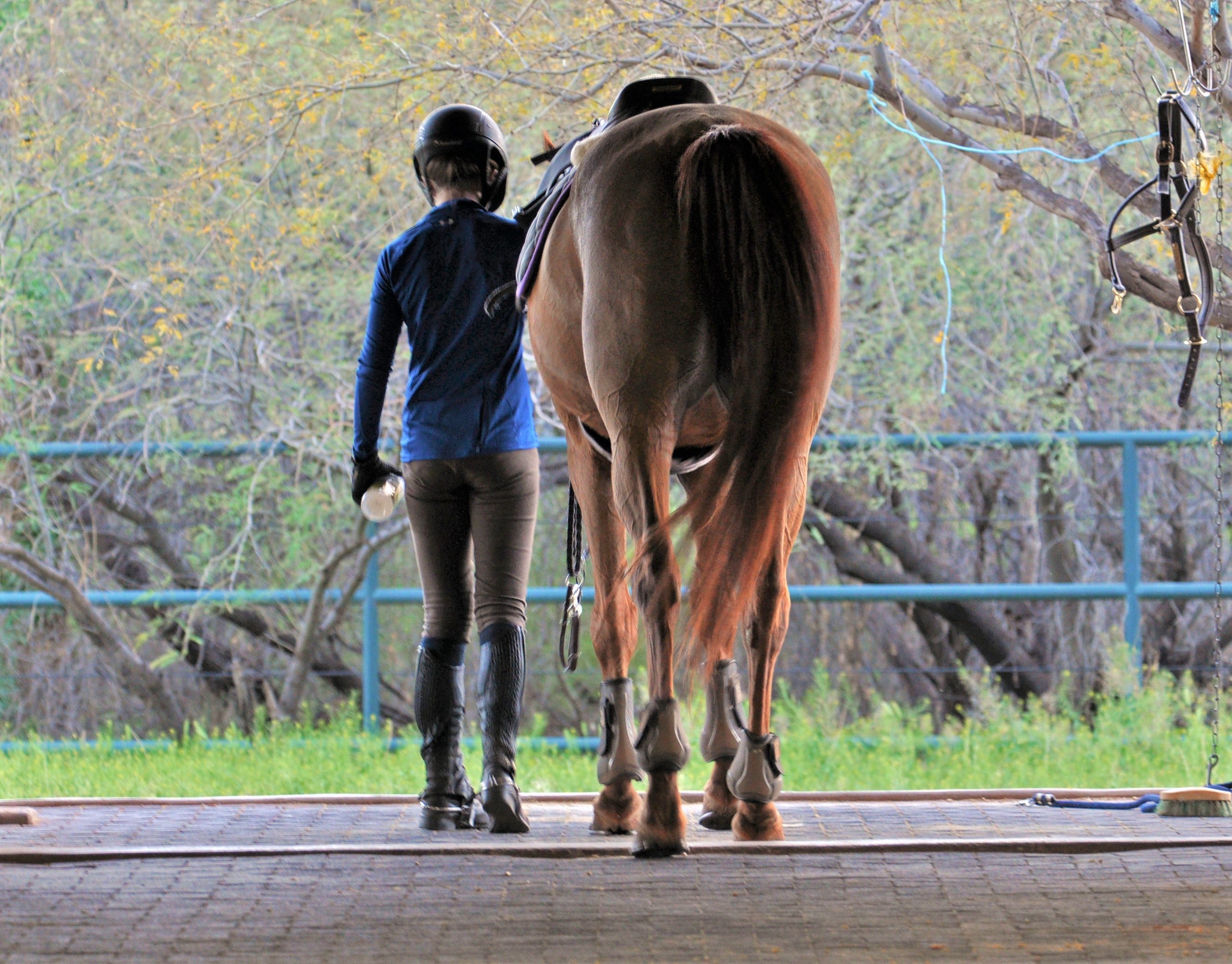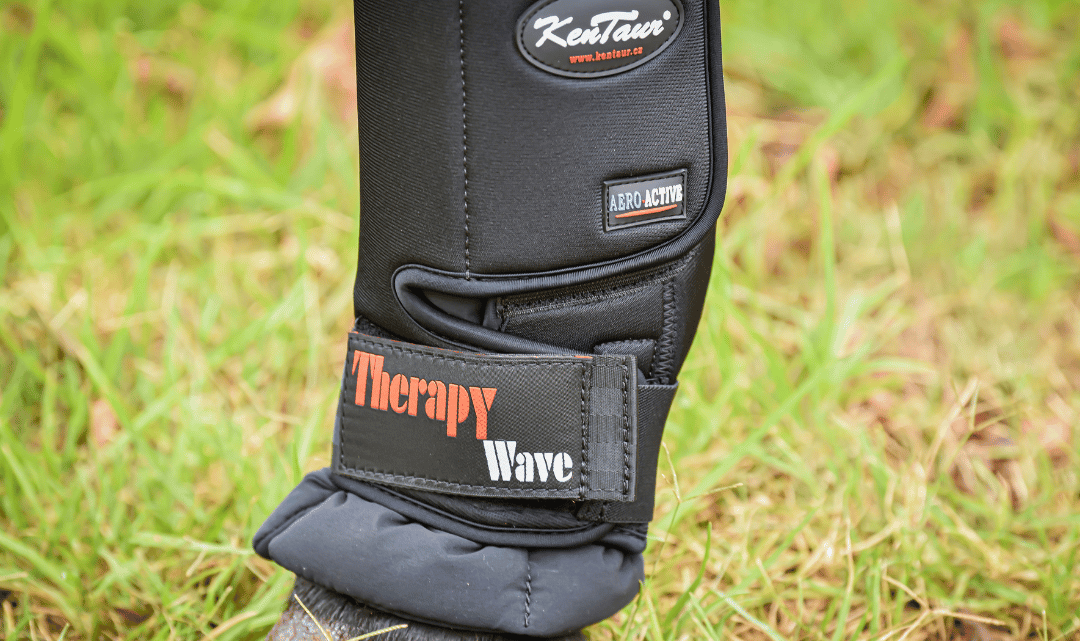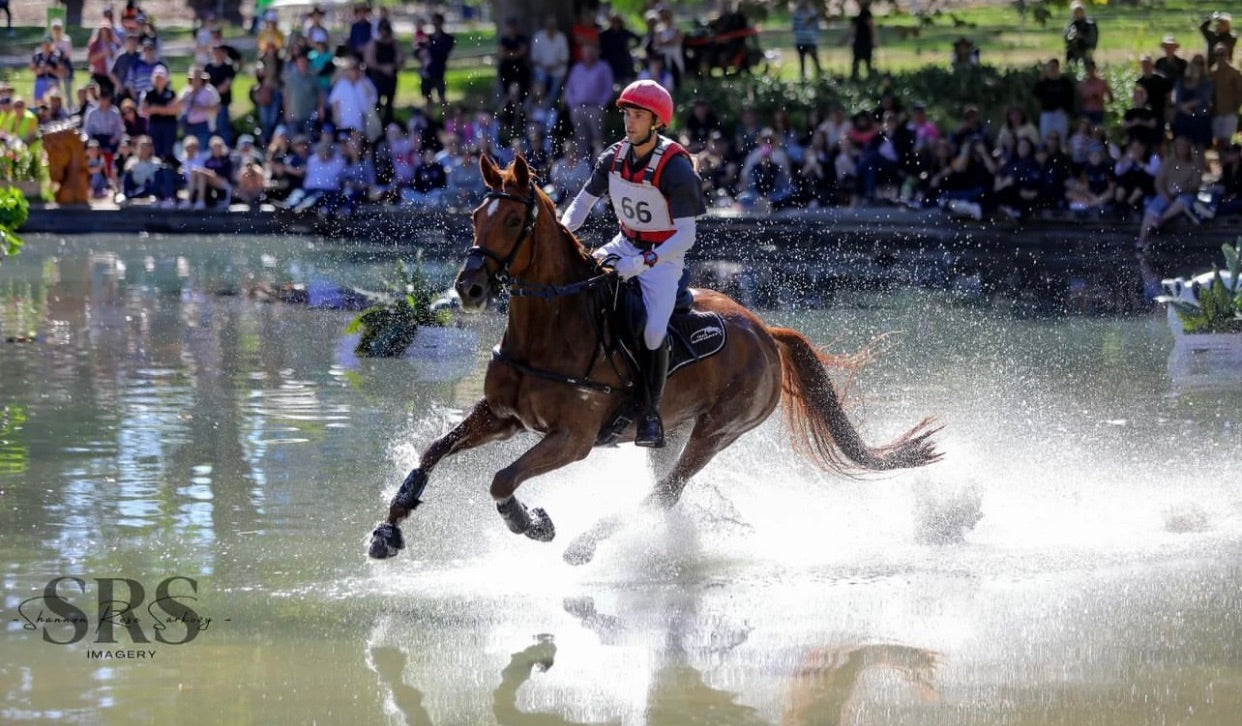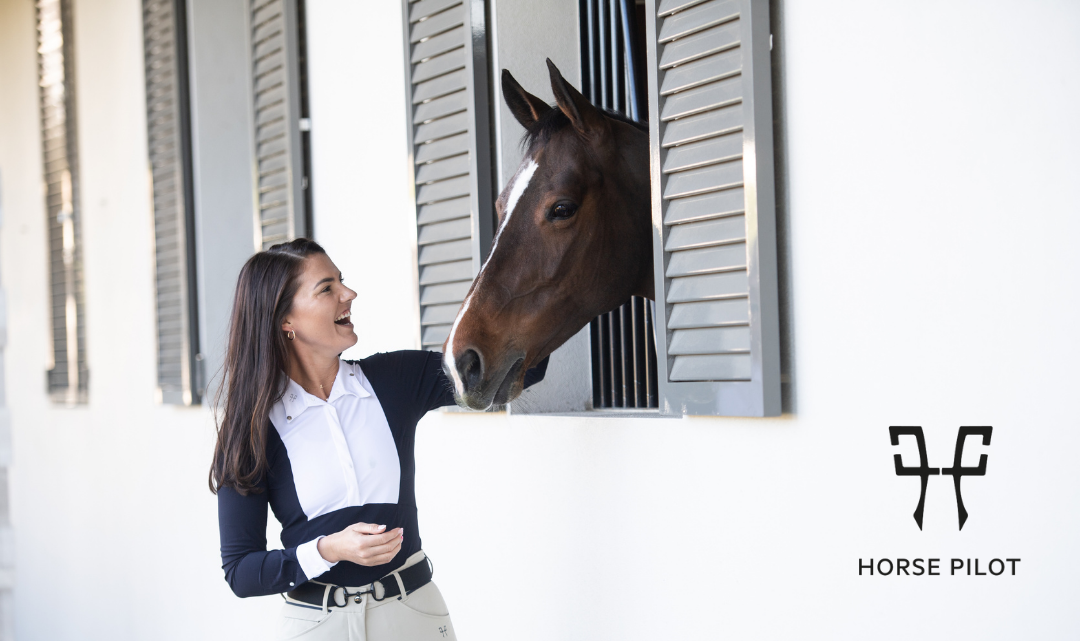I don’t think anyone could argue that equestrian sports are widely viewed by the public as elitist. The word ‘equestrian’ itself seems to be inextricably tied with notions of pretentiousness and a level of upper-class snobbery; an unfortunate association that for most riders, is simply not true. But how do we go about changing this stigma?
The unfortunate thing is, there are certainly riders out there that fit this bill. Good horses cost money, and anyone involved with the sport knows that the associated gear, upkeep, travel, lessons (etc) will cost you an arm, a leg, and possibly your soul. As a result, equestrian sports attract many of those looking to ‘buy their way to the top’, rather than being in it for the love of horses and passion for the sport.
And then there is the issue of maintaining your status as an international rider. Whilst the very top riders are often able to obtain generous owners and sponsors, the majority are left with the difficult task of buying (and keeping) a team of quality horses to compete. Travelling to and competing in competitions can also cost a small fortune, as can getting regular lessons from a quality coach. Those wealthy or influential enough can often fast-track their way to moderate success simply by having access to the right horses, coaching and equipment.

And yet, in my mind at least, the overwhelming majority of riders out there are NOT snobs. They don’t have never-ending bank accounts to fund their equestrian lifestyle. They work constantly to keep their horses in top condition, to participate in the sport they love (often whilst giving up ‘normal people’ things, like vacations and weekends). Money and influence can only get you so far – without the drive, passion and talent, there’s not much chance for success in this sport.
Don’t get me wrong; there are definitely riders out there that are in the sport for the wrong reasons. Maybe they want to flaunt their wealth, perhaps they want to use it as a status symbol. Due to the sheer cost of having a horse, I’m sure that this is more prevalent in equestrian sports than ‘normal’ sports such as netball or swimming. But does this mean that all riders should be tainted with the same elitist brush?
The amount of time and dedication required to simply build a partnership with a horse, let alone getting to the point of being able to compete at a high level, should NOT be underestimated. From the outside, it may look like the rider is simply ‘sitting there’ and it is the horse doing all the work (I think I speak for all riders when I say this is probably the most frustrating stereotype of all!). However, the amount of precision, balance, timing, skill and ‘feel’ needed to guide a 600kg animal into doing your bidding is enormous, requiring hours upon hours of hard work to hone.

And then there’s the humbling nature of equestrian sports that not even the most wealthy or talented riders can escape from. Without a doubt, every top rider has experienced a fall in some way or another. Horses are entirely unpredictable animals that have minds of their own, and just like humans can have ‘off’ days, or simply misinterpret the instructions… The difference between winning and losing, or even winning and falling on your backside, is surprisingly small.
One small error in a dressage test, a slip on the cross country course, a wrong stride show jumping; sometimes that can be all it takes. What could possibly be more humbling than being considered one of the top riders in the world, only to have your horse dump you in a water tray in front of thousands of people? I think that’s part of the reason I love watching equestrian events – you never know who will come out on top.
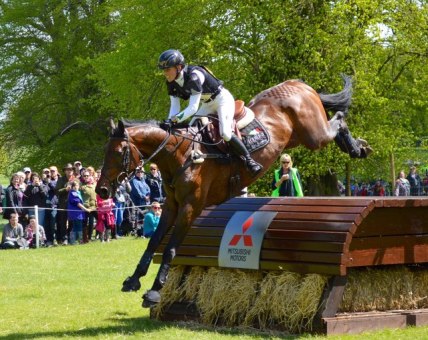
Not to mention the fact that equestrian sports are among the most dangerous that you can participate in. No amount of money can buy the bravery that is needed to gallop near full-speed at large, solid obstacles on a cross country course, or simply the guts to get on a free-thinking animal that can hurt you simply with its sheer size. Horse riding is renowned for being a dangerous activity; no one can get around this.
So how do we as riders go about breaking this elitist stigma? Or at least, make people realise that there is more to equestrian sports than appears on the surface? As the sport faces an uncertain future in the Olympics, I think it’s one we probably all need to ponder. Perhaps this involves a more inclusionary way for the general public to view and be involved with the equestrian disciplines, to give them a more comprehensive look into what goes on behind-the-scenes. More coverage of lower level, local competitions could provide a more realistic look of horse shows and the sport at the root level, encouraging more people to participate.

Perhaps even looking at expanding avenues into the sport for those with an interest but that lack the finances; whether that be through funding or through more grass roots programs focused on giving a holistic education around riding and horse care (I personally am a huge fan of Pony Club as a starting point for riders entering the sport). I’m probably opening an entirely different can of worms here, but perhaps we really do need to work from the ‘ground up’ to not only change some of these long-held perceptions, but also increase the number of riders in the sport for the ‘right reasons’.
So, as equestrian sports face an uncertain future, with one of the core issues behind this being the elitist stigma that tends to surround the sport, I feel that these are topics we should at least be discussing. Perhaps I am biased, perhaps I’m looking through rose-coloured glasses. But in my experience, the majority of riders out there are NOT elitist snobs that consider themselves to be better than everyone else. They have poured everything into being able to own and compete horses, sacrificing other aspects of their lives to do so. Yes, you need money to get started and yes, it is undeniably expensive to compete (especially at the higher levels). But does this make it fair to label the sport and those that participate in it as elitist? And if not, should we be taking more action to change this?



